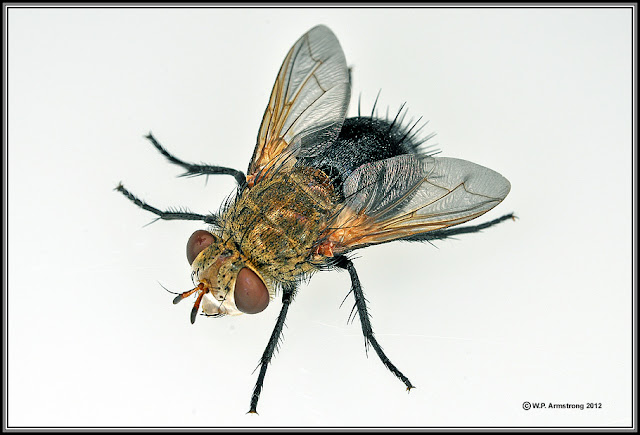From Jessical Walliser's blog post:
- Achillea millefolium – yarrow
- Ammi majus – laceflower
- Anethum graveolens – dill
- Angelica species – angelica
- Baccharis species – baccharis
- Boltonia asteroides – boltonia
- Coreopsis species – tickseed
- Cosmos bipinnatus – cosmos
- Eriogonum species – native buckwheat
- Eupatorium perfoliatum – common boneset
- Helianthus annuus – sunflower
- Leucanthemum x superbum – shasta daisy
- Labularia maritima – sweet alyssum
- Phacelia tanacetifolia – lacy phacelia
- Pycnanthemum species – mountain mint
- Ratibida pinnata – praire coneflower
- Rudbeckia species – black-eyed Susans
- Solidago species – goldenrod
- Spirea alba – meadowsweet
- Symphyotrichum species – hardy aster
- Veronicastrum virginicum – Culver’s root
- Zizia aurea – golden Alexanders
- Zizia aptera – heartleaf Alexanders
In addition to planting these plants, always allow your garden to stand through the winter months so beneficial insects have a place to overwinter. Check out this post for more reasons why you shouldn’t clean up your garden in the fall.
***
 |
| Toads do no like poisons either, but they love to eat insects and slugs. |
GJ - Only 1% of all insect species are considered pests. The remaining 99% are neutral or beneficial. If we use insecticide in the garden, we knock out everything, including the spiders - but the pests come back quickly enough.
 |
| Harry Butte - the Tachinid Fly lays eggs that produce aphid eating maggots. |

